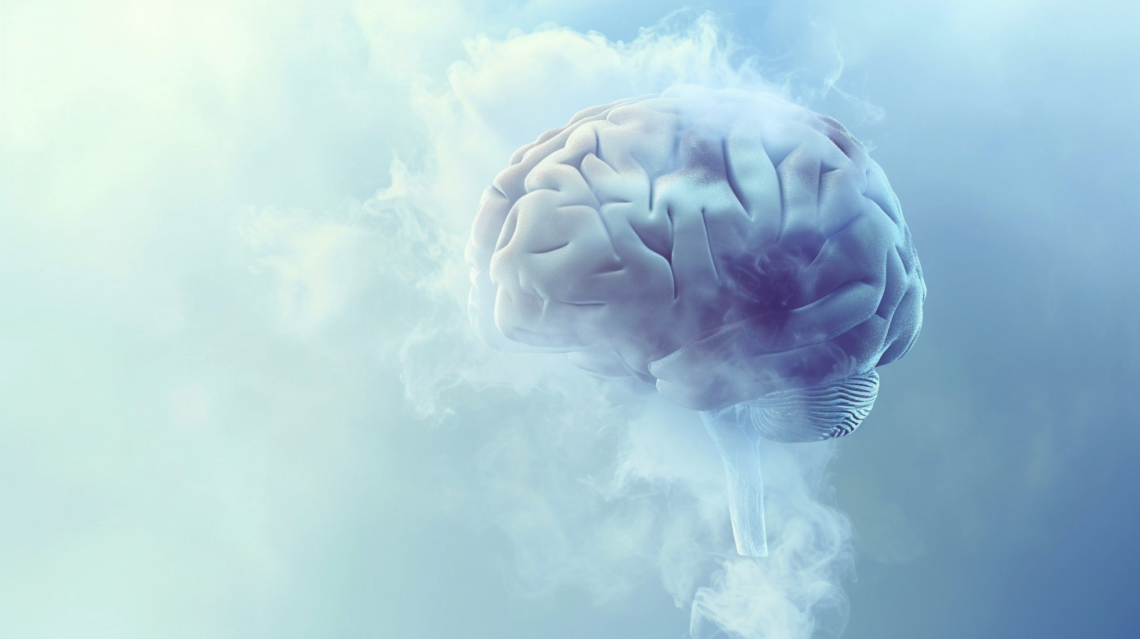
COVID-19-Induced Brain Fog
As the world continues to grapple with the ongoing effects of the COVID-19 pandemic, a common condition has emerged, known colloquially as “brain fog.” Brain fog, in the context of COVID-19, is characterized by a range of cognitive disturbances. These include, but are not limited to, difficulty concentrating, memory lapses, confusion, and an overall lack of mental clarity. Unlike the more acute symptoms of COVID-19, such as fever and cough, brain fog tends to linger, often persisting long after the individual has recovered from the initial viral infection.
The Pathophysiology: A Complex Interplay of Factors
The exact pathophysiology of COVID-19-related brain fog is still a subject of ongoing research. However, several hypotheses have been proposed to explain this phenomenon. One theory suggests that the virus may directly invade neural pathways, causing inflammation and cellular damage. Another hypothesis points to the systemic inflammatory response triggered by COVID-19, which can lead to neurological sequelae. Moreover, the psychological impact of the pandemic, such as stress and anxiety, compounded by social isolation and disrupted routines, can also contribute to cognitive dysfunction. These factors, in combination, create a complex interplay that can manifest as brain fog.
Symptomatology: Navigating the Cognitive Maze
The symptoms of COVID-19-induced brain fog can vary widely in severity and duration. Commonly reported symptoms include:
- Difficulty concentrating and maintaining attention
- Impaired short-term and long-term memory
- Slowed processing speed
- Confusion and disorientation
- Difficulty in performing routine tasks
- Speech and language difficulties
These symptoms can have a profound impact on an individual’s daily functioning, affecting their ability to work, engage in social activities, and maintain a normal routine.
Diagnosis: A Challenge in Itself
Diagnosing COVID-19-induced brain fog is challenging, primarily because there is no specific test for it. The diagnosis is typically made based on patient history, particularly the presence of recent COVID-19 infection and the exclusion of other potential causes of cognitive impairment. Neurological examination and cognitive assessments can be helpful, but they often fail to capture the subtle nuances of brain fog.
Management and Treatment: Charting a Course through the Fog
Currently, there is no specific treatment for COVID-19-induced brain fog. Management strategies are primarily focused on symptomatic relief and supportive care. This includes:
- Cognitive rehabilitation therapy to improve memory, attention, and executive functioning
- Psychological support to address the underlying stress and anxiety
- Physical exercise and activities to boost overall brain health
- Ensuring adequate sleep and nutrition
In addition, patients are encouraged to engage in mentally stimulating activities and to establish a routine that includes regular breaks and rest periods.
The Road Ahead: Research and Understanding
As research continues, our understanding of COVID-19-induced brain fog is expected to evolve. This will potentially lead to more targeted interventions and therapies. It is also crucial for healthcare professionals to be aware of this condition and its impact on patients’ quality of life.

